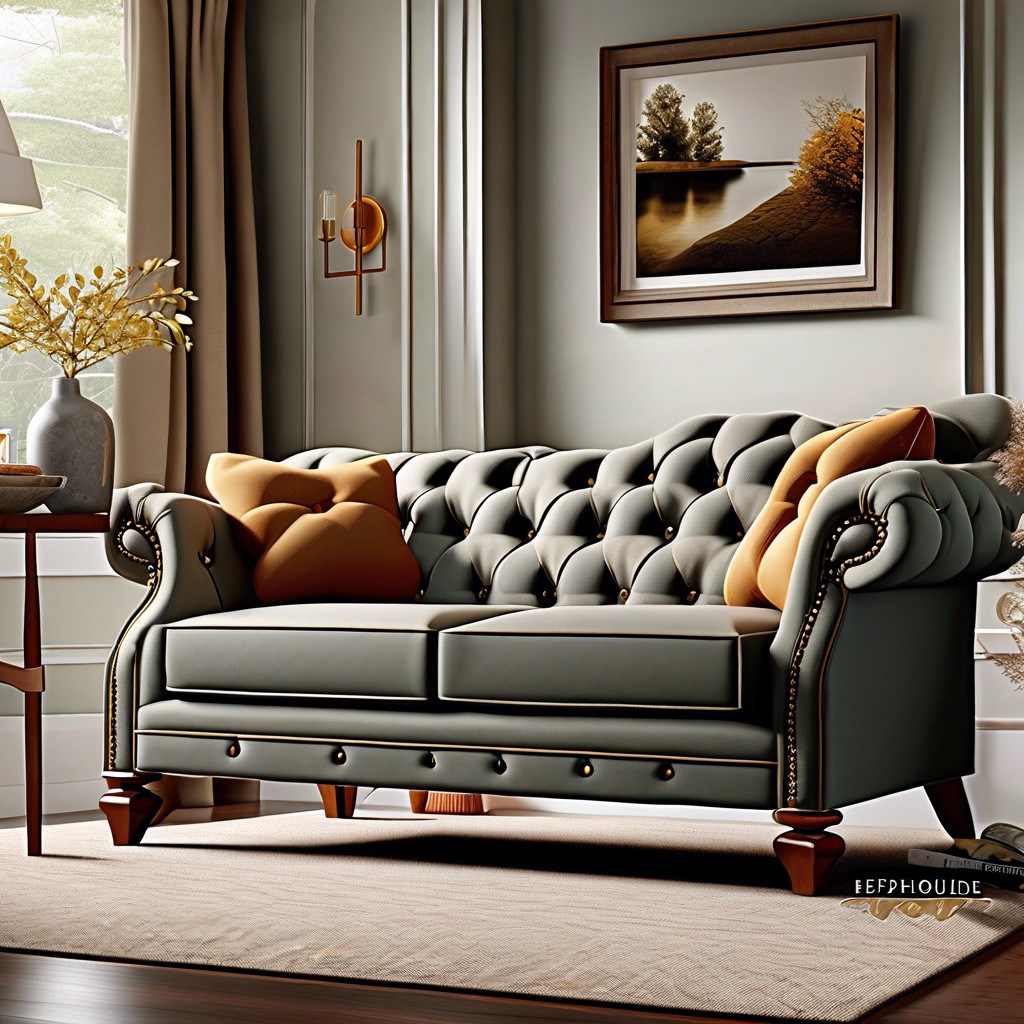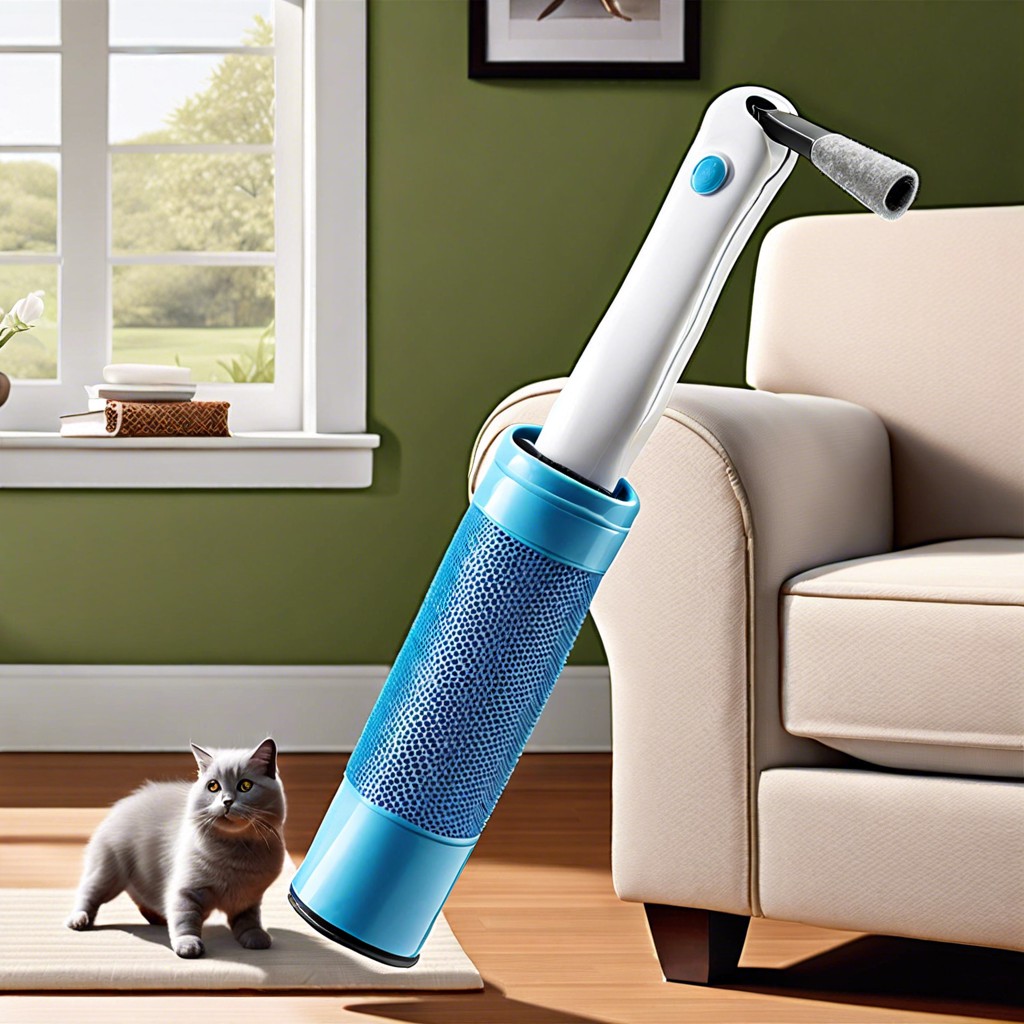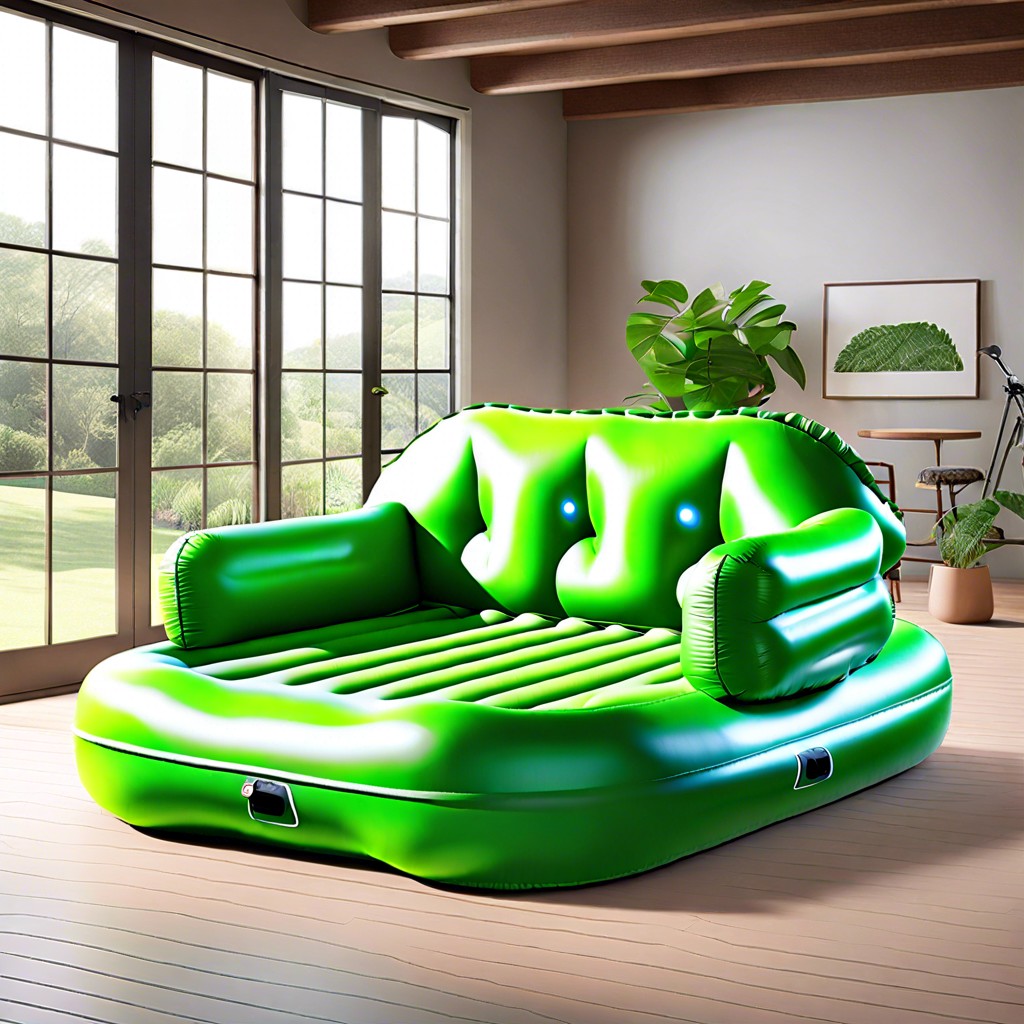Last updated on
Discover the reasons behind your dog’s couch-digging habits and how to address them.
Key takeaways:
- Dogs dig on couches due to natural instincts and comfort-seeking.
- Certain breeds, like terriers, have a stronger inclination for digging.
- Anxiety, boredom, and scent marking can also lead to digging behavior.
- Digging can cause wear and tear, structural damage, odors, and allergens.
- Training, providing alternatives, and regular maintenance can discourage digging.
Table of Contents
The Root of the Behavior
Dogs often dig on couches as part of their natural instincts. Wild canines dig to create a nest or to uncover hidden food. While domesticated, dogs still carry these instincts which can translate to the behavior seen on your furniture.
Additionally, dogs may dig to seek comfort or warmth, burrowing into cushions to create the perfect resting spot.
Certain breeds have a stronger digging inclination. Terriers, for instance, were bred to hunt burrowing animals and may exhibit more frequent digging behaviors as a result.
Dogs may also dig due to anxiety or boredom, using the action as an outlet for pent-up energy or stress.
Scent marking is another reason for this behavior. Dogs have scent glands in their paws and scratching or digging may be their way of claiming territory.
Lastly, if a dog detects the smell of food or any intriguing scent within the couch, their natural response may be to dig in an attempt to find the source.
Implications for Furniture and Home
Digging behaviors typically result in several implications for both furniture and the broader home environment:
1. Wear and Tear: Couch fabrics and cushions withstand significant strain. The repeated digging motion can cause accelerated fabric wear, leading to holes and a tattered appearance.
2. Structural Damage: Intense or frequent digging might weaken the couch’s structural integrity, potentially resulting in broken frames or springs.
3. Cleanliness: Dogs often carry dirt and debris on their paws; digging on the couch can embed this grime deep within the upholstery, making cleaning efforts more challenging.
4. Odors: The transfer of natural oils and scents from your dog’s fur and paws onto the couch can lead to persistent, unpleasant odors within the fibers of the furniture.
5. Allergens: For families with allergies, the digging could disturb and circulate pet dander and other allergens that are resting within the couch.
Addressing these implications involves routine maintenance and the consideration of durable materials when choosing furniture. Regular cleaning and the use of protective covers can help preserve the life and appearance of your couch.
Strategies to Discourage Destructive Digging
Training your dog with commands like “leave it” or “no dig” can effectively communicate that digging on the couch is not an appropriate behavior. Consistent reinforcement and rewards for obedience will guide your pet toward better habits.
Offering alternatives such as digging boxes or toys can satisfy your dog’s natural digging instinct. Place these in a designated area to divert attention away from the couch.
Applying a safe, pet deterrent spray on the couch can also discourage digging. Dogs are less likely to exhibit undesirable behaviors in areas associated with unpleasant odors or tastes.
Covering the couch with a throw blanket when not in use can protect the fabric and provide a less appealing digging spot. A texture that is unattractive to your dog’s paws can make the couch an undesirable digging location.
Regularly trimming your dog’s nails can minimize the damage caused if they do attempt to dig. This is a simple preventative measure that also contributes to their overall well-being.
Using a strict, consistent routine for discouraging digging can help your dog unlearn the behavior. Stay patient and persistent, as behavior modification takes time.
Preventative Measures for Furniture Protection
Utilize furniture covers to create a barrier against claws and dirt, opting for materials that are durable and easily washable. Consider slipcovers specifically designed to be resistant to pet wear and tear.
Apply deterrent sprays on couches that emit odors unappealing to dogs but are harmless and typically undetectable to humans.
Offer your dog an appealing alternative, such as a comfortable dog bed or designated blanket, which may satisfy their digging instinct.
Keep your dog’s nails trimmed to minimize the damage their scratching can cause to fabric and leather surfaces.
Invest in scratching posts or dog-specific digging toys that can redirect your pet’s natural behaviors away from the furniture.
Make use of double-sided tape or plastic couch protectors on favorite digging spots to discourage your dog; these textures are generally disliked by pets.
Regularly engage with your dog using their favorite toys on the floor or in their own space to associate those areas with play instead of the couch.
Ensuring Adequate Exercise and Mental Stimulation
Physical exercise is fundamental for dogs, providing an outlet for their energy and reducing the likelihood of them seeking alternative activities like couch digging. Daily walks tailored to the breed’s energy level are crucial. For high-energy breeds such as Border Collies and Australian Shepherds, more than just a stroll around the block will typically be necessary. These dogs may benefit from extended hikes, runs, or interactive play in a secure area.
Beyond physical exercise, mental engagement helps satisfy a dog’s instinctual needs. Puzzle toys, training sessions, and games like hide-and-seek can keep their minds active, preventing boredom that often leads to destructive behavior. Use food-dispensing toys for mealtimes to slow down fast eaters and to make mealtime an engaging challenge.
Incorporating regular playtime sessions that simulate hunting behaviors such as chasing, fetching, and tugging can also help. The aim is to simulate the ‘digging’ action in a controlled environment, like tug-of-war, which can satisfy their digging urge.
Remember, a tired dog is often a well-behaved dog. By ensuring your furry companion has ample opportunities to expend energy in positive ways, they will be less likely to engage in unwanted behaviors, including the troublesome couch excavation projects.




